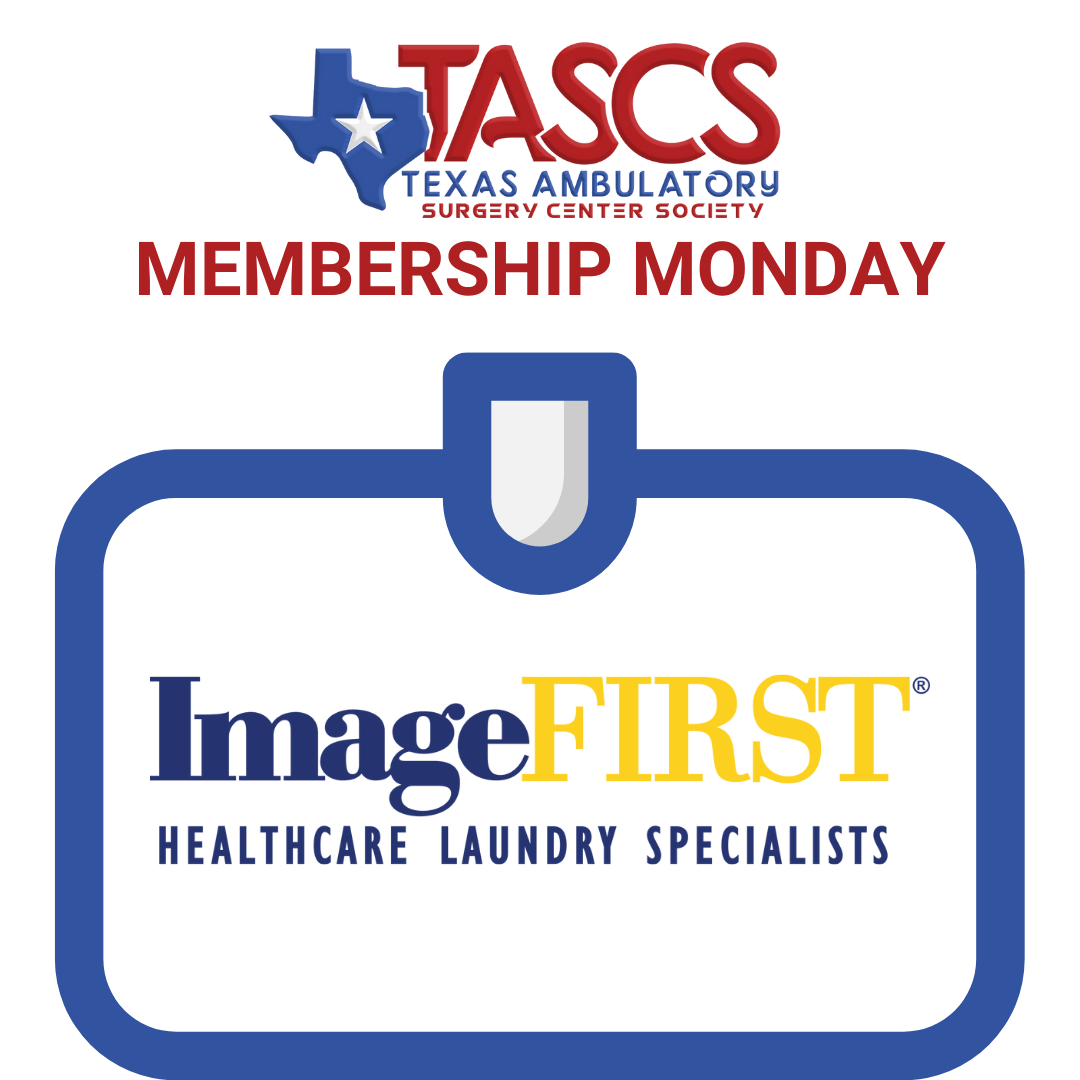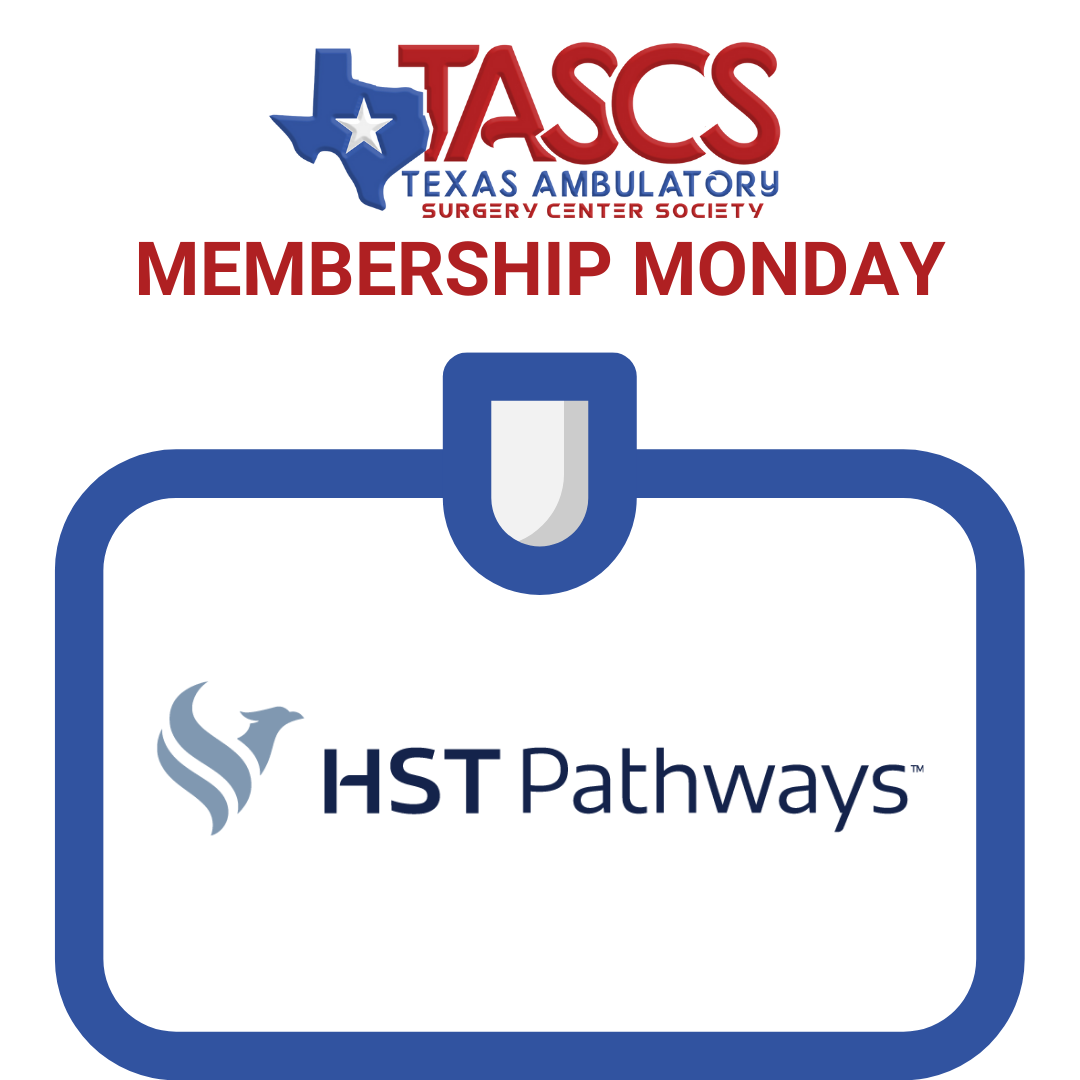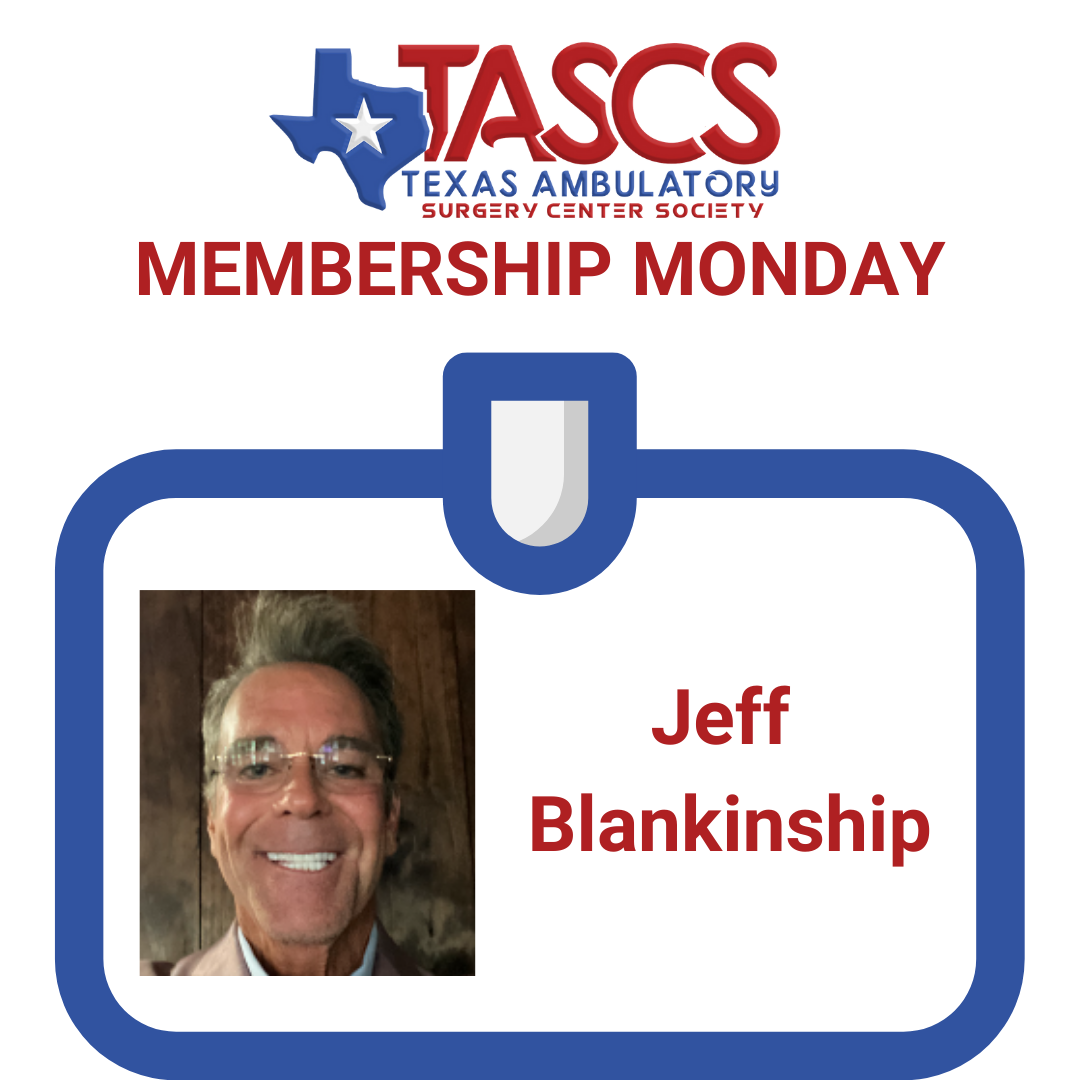Infection preventionist and medication safety experts spoke with TASCS members about the dangers of negligent injection practices and tips for safe injection practices.
Safe injection practices are a significant part of keeping patients safe, as they help prevent the spread of diseases, miscommunication in drug doses and the contamination of medications. “The primary objective in injection safety is preventing transmission of Hepatitis B, Hepatitis C and human immunodeficiency viruses,” Maggie Miller, an infection preventionist with ECRI, told Texas Ambulatory Surgery Center Society (TASCS) members during a recent virtual town hall. She also spoke to the more general significance and procedural standards for injection safety.



 Halosil International
Halosil International
 Robert Marinich is the head of sales at
Robert Marinich is the head of sales at 

